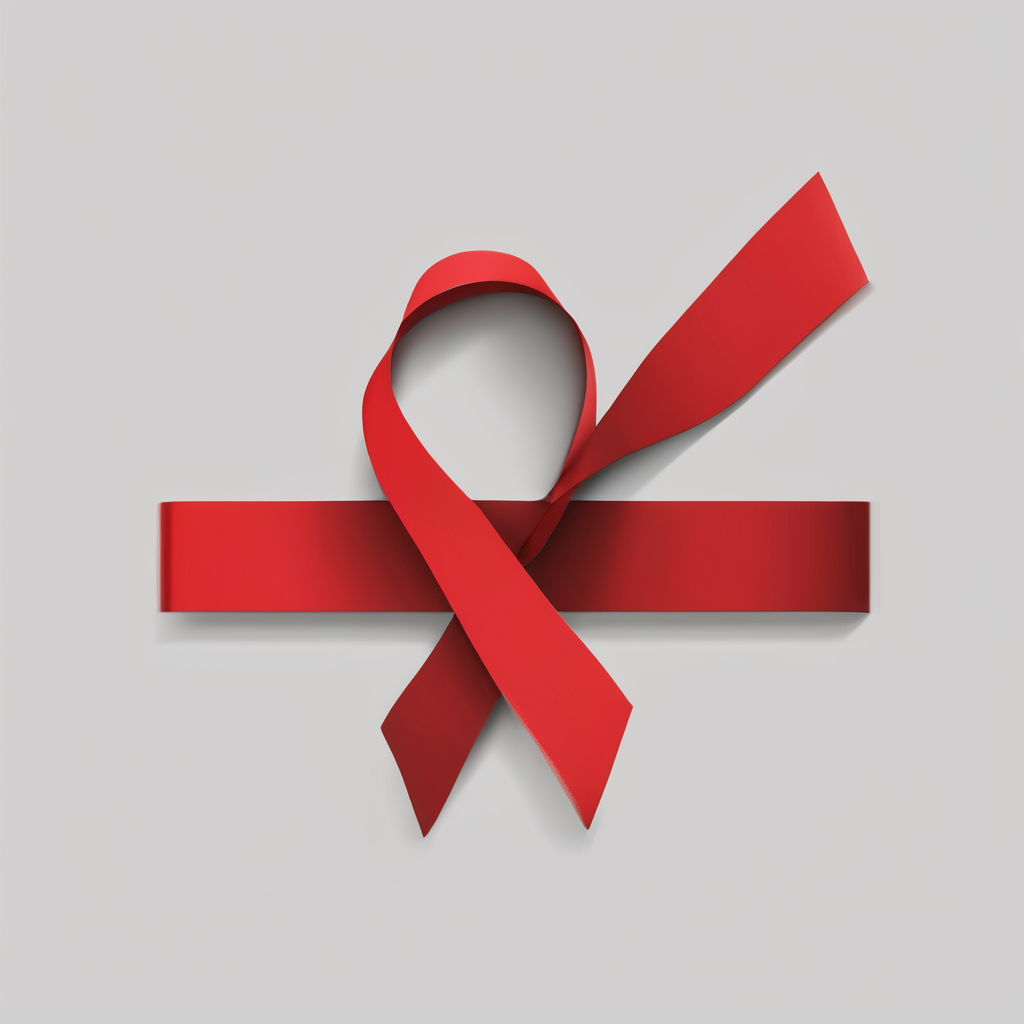Regional Director for the World Health Organization (WHO) Regional Office for the Western Pacific, Dr. Saia Ma’u Piukala, has issued a clarion call for urgent measures to tackle the escalating HIV crisis in the Pacific, particularly highlighting the alarming trends in Fiji. His remarks came during the 76th WHO Regional Committee Meeting for WPRO, where he commended member states, including Fiji, for acknowledging the severity of the challenge and seeking assistance.
Recent statistics indicate that Fiji has seen a tenfold increase in new HIV infections over the past decade, with a concerning spike expected in 2024 attributed to injectable drug use. This rapid rise has raised significant alarm within public health circles, with Dr. Piukala emphasizing the need for increased political leadership and proactive strategies to bridge gaps in prevention, late diagnosis, and inadequate treatment options.
Echoing these sentiments, Eamonn Murphy, Regional Director of UNAIDS Asia-Pacific, highlighted the collaborative responsibility required from governments and organizations to allocate investments toward effective interventions targeting the most vulnerable populations. He stressed that timely action is crucial to mitigate the potential spillover effects of escalating infection rates across the Pacific region.
Historical data shows a disturbing pattern not only in Fiji but throughout the Asia-Pacific, where the number of new HIV cases has surged significantly in recent years. For instance, HIV infections in Fiji spiked by an astonishing 3,091 percent from 2010 to 2024, categorizing it as one of the countries with the second fastest-growing epidemic in the region. The vulnerabilities faced by marginalized groups, coupled with social stigma regarding HIV, complicate efforts to ensure effective treatment and support are accessible for all.
In light of these developments, UNAIDS has initiated a targeted 90-day containment plan designed to expedite critical interventions through to 2027. This plan prioritizes enhanced access to testing and treatment, increased community education about HIV, and the expansion of harm reduction strategies, such as needle exchange services.
While the data surrounding the rising infection rates are concerning, there is a silver lining in the collaborative efforts currently being mobilized at local, national, and international levels. Health officials remain hopeful that, through robust partnerships and community-driven initiatives, the tide against HIV can be turned. The collective commitment to fostering a more inclusive environment devoid of stigma is seen as essential to improving health outcomes for individuals affected by HIV in Fiji. With ongoing advocacy, education, and concerted action, there is a promising path forward toward a healthier future for the Pacific region.
